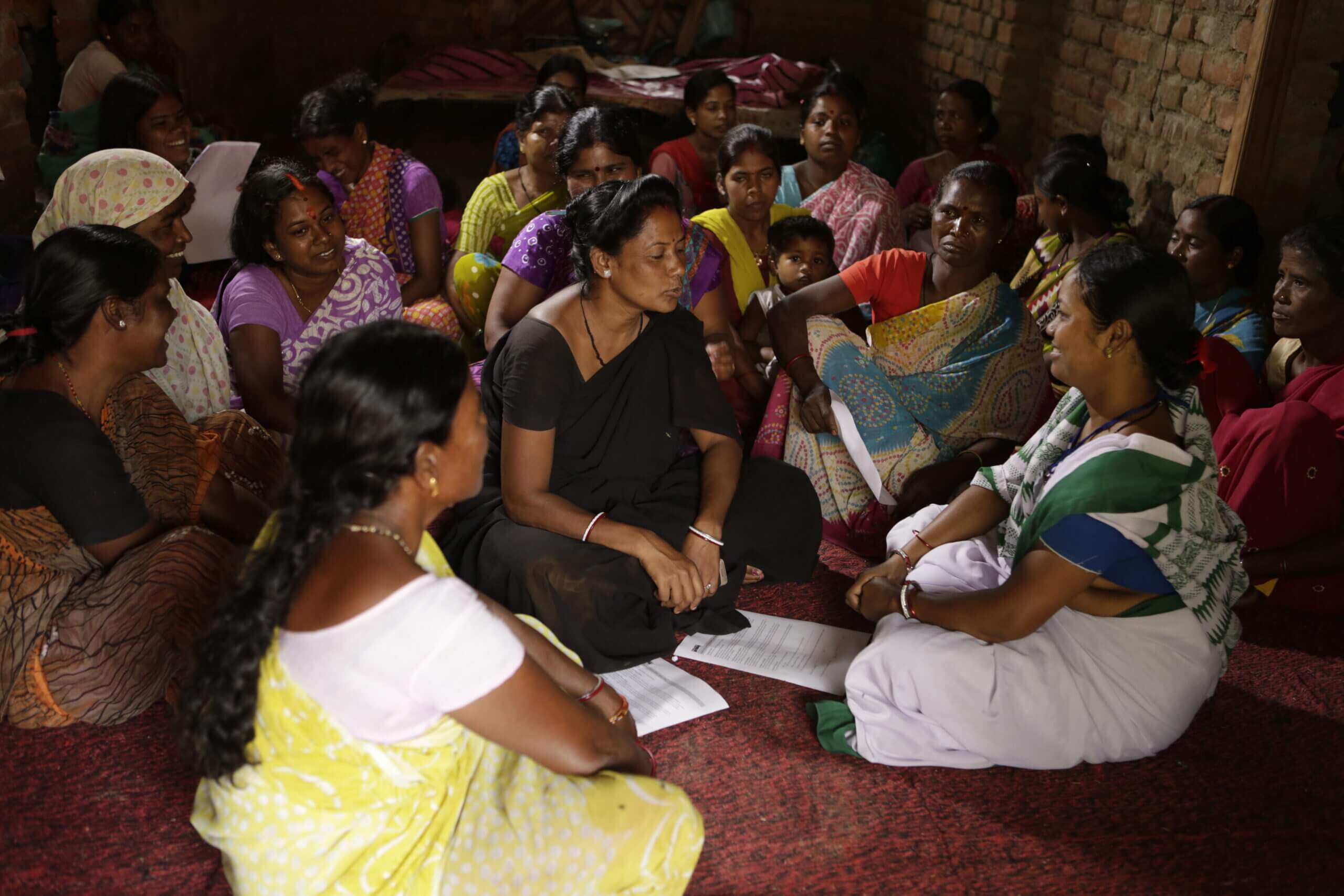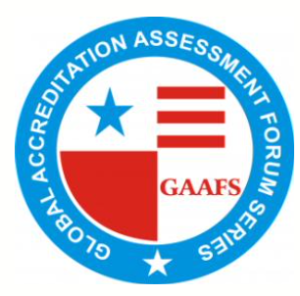Partnership with State of Gujarat and UP on NCDs

Success Indicators:
- Increased capacity of Medical officers
- State owned recommendations for NCD program implementation with conversions like increased allocation of funds in the PIP, increased Government interest in NCD program etc
- Beneficiary Group: District level Medical Officers and State NCD Nodal Officers & NCD
program implementors
- Geography: Gujarat and Uttar Pradesh
Program Details: To address the HCP skills gap, PPHF, in partnership with the NHM- Uttar Pradesh, United Way of Delhi and Eli Lilly organized a training program to build the capacity of health professionals as Trainers to promote and practice relevant, up-to-date patient-centric care, under the Ayushman Bharat Initiative.
The training will be complemented with State level NCD consultation in Uttar Pradesh addressing the “how” part of NCD program implementation for the State level implementors.
Implementation Model: Adaptation of NCD training modules as per NPCDCS and PBS guidelines of Government of India and skill enhancement of the medical officers as district level trainers. Use of innovative consultation strategy to come up with book of proceedings- set of prioritized recommendations for implementing NCD program at the State level
- Total 100 MOs are to be reached through the training program and 150 State Nodal Officers and NCD program implementors through the NCD consultation
- 40 MOs have been trained till date in Lucknow and PPHF plans to train the remaining 60 MOs in near future
- The training results showed a significant improvement in the post training test scores of the participants as 63% of them scored excellent (above 75%) in post-test in comparison to only 13% in pre-test
Major Outcomes
- Presence of 2- district level NCD trainers per district of U.P for further training medical officers in cascade approach in their respective districts
- Ready training curriculum with the State for scaling NCD trainings
- Book of proceedings with recommendations for NCD implementors to implement the program effectively by addressing the barriers identified and recommendations prioritized with ownership of implementation





